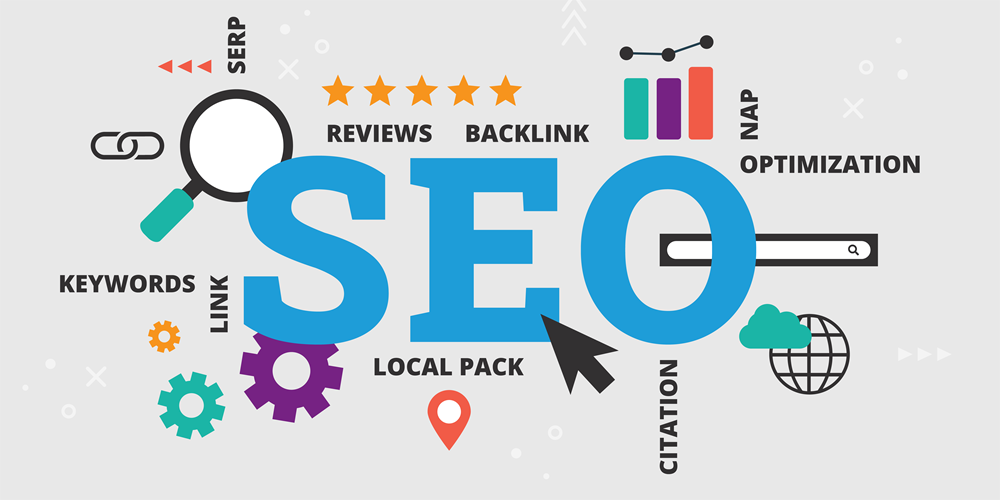Generative Optimization (GEO) and the Transformation of the SEO Market
How GEO is reshaping digital visibility, business models, and the role of marketers

Generative Optimization (GEO) introduces fundamental changes to the SEO market and digital visibility as a whole, rethinking the very principles of search and content interaction. In 2025, GEO is no longer a buzzword—it’s a disruptive force reshaping how brands achieve online visibility. Here are the key market shifts triggered by GEO:
- For over two decades, SEO was the main method of achieving online visibility, powering an industry worth more than $80 billion, built on keywords, backlinks, and page rankings.
- In 2025, search is shifting from traditional browsers to large language model (LLM) platforms. A new paradigm emerges—driven not by page rank, but by language itself.
- If traditional SEO was built on links, GEO is built on language.
- Visibility in the GEO era means appearing directly inside AI-generated answers (GPT-4o, Gemini, Claude, Google AI Overview, Yandex Alice), not just earning a top spot in search results.
- This change has “flipped the SEO industry upside down”, requiring specialists in 2025 to secure visibility in both traditional rankings and AI-driven overviews.
- The LLM market is fundamentally different from traditional search. While Google monetized traffic through ads, most LLMs operate as subscription-based services.
- This structural shift reduces incentives for models to display external content—unless it enhances the user experience or strengthens product value.
- A new metric emerges: the “Mention Rate”—how often your brand is cited in AI-generated answers. How a brand is “encoded” at the AI level becomes a new competitive edge, replacing CTR as the key visibility signal.
- The rise of AI-native search engines like Perplexity and Claude (integrated into Apple Safari) challenges Google’s long-standing dominance.
- New platforms such as Profound, Goodie, and Daydream allow brands to analyze how they appear in AI answers, track sentiment, and identify which publishers influence model behavior.
- Traditional SEO giants are adapting: Ahrefs (Brand Radar) and Semrush (AI toolkits) now offer features for monitoring brand mentions and optimizing for GEO visibility.
- GEO creates an opportunity for monopolistic platforms, unlike the fragmented SEO market. GEO-first companies will not just measure—they will fine-tune their own models, controlling the entire cycle (analytics, content, feedback, iteration) and shaping LLM behavior.
- Some predict AI agents will replace marketers. The reality: marketers will still have to “dig in and figure things out”—competitor research, content strategy, and analysis remain essential.
- GEO expands the role of SEO specialists, requiring a blend of traditional and AI-native tactics. Constant learning and adaptation to evolving technologies become non-negotiable.
- The demand for more high-quality content will only increase.
- Traditional SEO rewarded keyword precision. Generative engines reward content that is structured, analyzable, and context-rich.
- Success in GEO requires optimization not just for users, but also for AI parsing—through meta tags, structured data, and clean formatting.
- For citation in generative overviews, content must be clear, concise, and factual, with numbers, top lists (“Top 10”), step-by-step guides, and precise costs.
- Strong foundational SEO remains essential. GEO does not replace SEO—it layers on top of it.
- Search is only beginning to transform, but ad budgets are already shifting.
- GEO is still experimental. Each major model update risks “relearning” or “forgetting” optimization strategies.
- Competition in GEO is essentially competition to occupy space inside the model’s memory—a new battleground for digital visibility.
GEO is not just another SEO trend—it is a market-wide shift redefining how businesses achieve online visibility. From new metrics like Mention Rate to evolving tools and platforms, GEO demands constant learning and adaptation. Brands that embrace this transformation will gain a lasting edge in both traditional search and AI-driven discovery.
Tracking your brand across AI-driven search is complex. SalesPilot is an advanced best seo extension that helps you monitor GEO visibility, structured data, and brand mentions in AI-generated results. Stay ahead of competitors with AI-powered insights that reveal how your brand appears in the new search paradigm.
Free Chrome extension • GEO tracking • Optimize your visibility in AI search